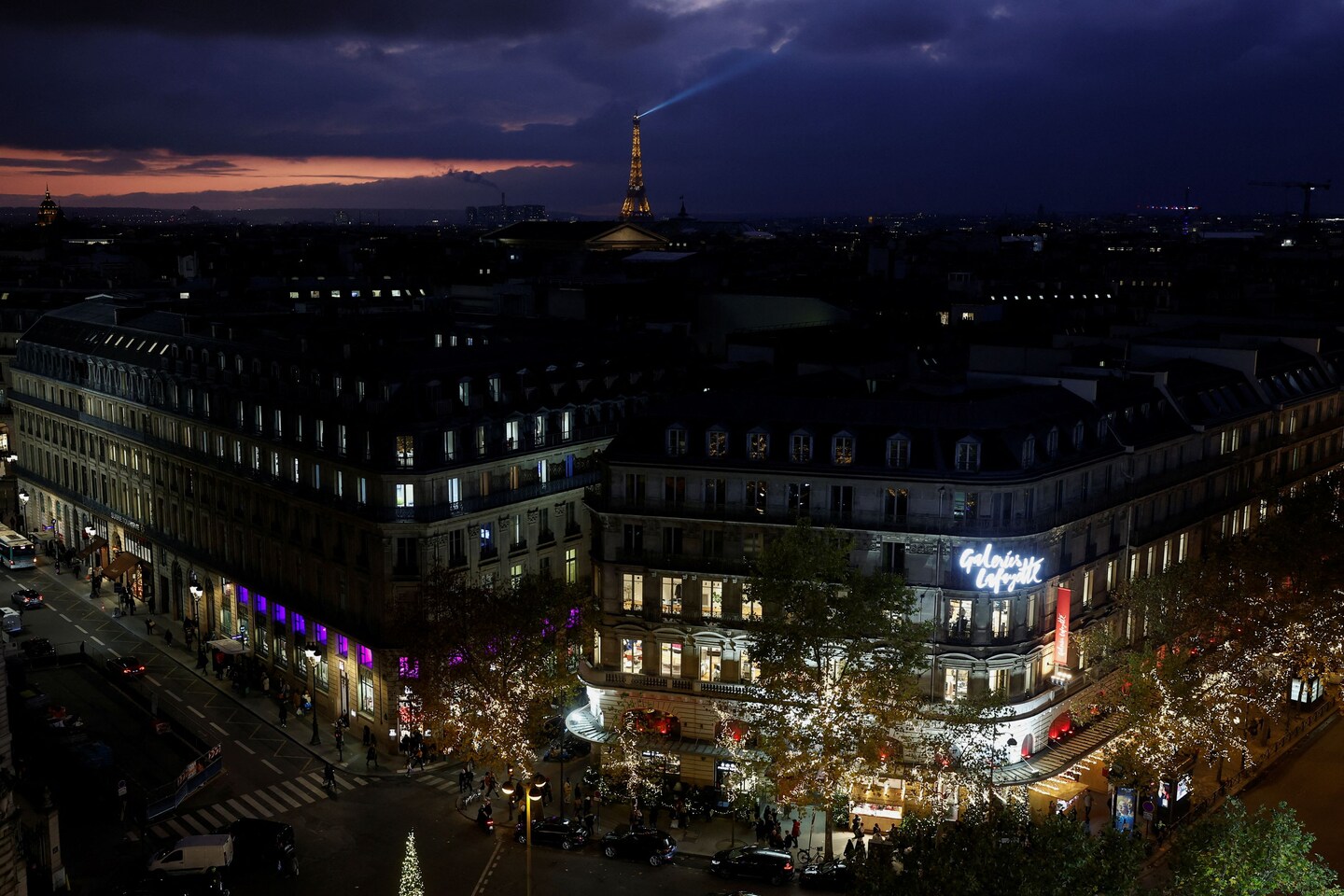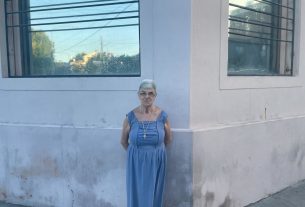French officials have suggested that such scenarios are more likely this winter than at any time in nearly half a century. Or maybe not.
The government has switched for months between reassurances and unsettling news, trying to prompt just the right amount of public concern to encourage residents to lower their power consumption. But after a whirlwind of contradictory announcements — and despite a plea from President Emmanuel Macron that “we must not give in to panic!” — the needle has now swung decisively into the direction of public frenzy.
As Europe heads into what is typically its two coldest months, over a dozen French nuclear power plants are still shut down by safety concerns and inspection delays. It’s unclear whether France’s neighbors can fully bridge the electricity-generation gap amid a significant decline in Russia’s gas deliveries to the continent because of its war in Ukraine.
When RTE, the French power-grid operator, warned last month of a “high” risk of power outages in January, the government scrambled to release emergency plans and urged local officials to prepare for worst-case scenarios. A state-owned energy company added to the chaos by incorrectly saying that patients on breathing machines at home would “not be among priority clients.” Phone carriers warned that cellphone emergency calls might not go through.
“For a few weeks now, people have been rather worried about the situation,” said Fabien Antoine, who operates an electrical equipment store in Saint-Brieuc, a town in the northwestern region of Brittany. Antoine had to create a waiting list for battery-powered lamps after demand skyrocketed and his suppliers struggled to keep up. Interest in small solar panels is also on the rise, as some customers look for ways to power some appliances and devices without having to rely on the national grid, he said.
Residents here have lived for years under warnings of possible grid failures, partly because Brittany is on a windy peninsula on the western edge of France and relies on energy produced elsewhere. But locals don’t remember having ever encountered more widespread outage concerns than at the moment.
“There are real insecurities about how to get through the winter,” said Nadia Druillennec, a deputy mayor of Saint-Brieuc, a long scarf wrapped around her neck as she sat in the town mayor’s chilly office. To save energy, temperatures have been turned down to 66 degrees or lower in public buildings nationwide.
Fearing public anger, Macron’s government capped energy prices at a relatively low level. While other countries have seen higher prices as one way to drive down consumption, France initially focused on appealing to residents’ sense of civic duty to voluntarily cut back.
Household usage was slow to drop, though. By late November, amid the increasingly dire assessments, the government toughened its tone and suggested it might be forced to impose limited power outages unless consumption fell enough.
Officials released details on how such pre-announced outages would unfold. Hospitals, police stations and other critical infrastructure would continue to be supplied. But schools, homes, most businesses and even traffic lights in impacted areas would lose electricity for several hours in the morning or evening.
Those scenarios have swayed many people — electricity consumption has most recently been 9 percent below average — but some worry about their impact on French morale. “There comes a time when fear is more paralyzing than mobilizing,” a close ally of Macron told Le Monde newspaper.
Citing an updated assessment from France’s network operator of a “medium” instead of a “high” risk of blackouts in January, ministers suddenly sound optimistic again. Yet there’s now concern that the mixed messaging has cost the government much-needed credibility.
Maxime Besnoux, a 39-year-old school principal in the Brittany town of La Méaugon, said the initial warnings prompted many questions but he and his staff still have no more information “than the parents of the students.”
Many of the region’s residents know from experience that weather and consumption patterns can be difficult to predict, meaning that the worst could very well be yet to come. France’s network provider says cutting power consumption up to 15 percent — almost twice the current level — may be necessary to prevent a blackout in extreme weather.
At the same time, people here have also seen how the prospect of blackouts can drive more positive changes in the long run. “It really helps to raise awareness that people have to be careful and resourceful,” said Maryse Menguy, a senior energy official in Brittany.
André Crocq, a regional councilman who focuses on energy issues, agrees and cites home insulation efforts to prevent heat loss and a greater focus on renewables. “The situation has evolved significantly over the past 10 years,” he said.
Some of the lessons learned in Brittany are being adopted elsewhere. In 2008, officials in the region released the “Ecowatt” system that warns consumers of looming energy shortfalls and encourages them to turn off their washing machines, unnecessary lamps or factory machines. Now expanded across France, the system’s government-backed smartphone application has been downloaded over 2 million times.
Dominique Schaeffer, 66, who lives in the eastern city of Strasbourg, said she has closely followed “Ecowatt” updates since TV news began airing them this year. “Even now, we use the washing machine at night” to avoid peak consumption hours, she said.
The mobilization efforts may explain why Brittany hasn’t experienced a blackout in decades. Even with only a small percent of the population participating, power consumption dropped by around 3 percentage points during some peak hours, said Ivan Saillard, one of Ecowatt’s creators. That level of reduction, he noted, “can be decisive.”
The mayor of La Méaugon, Jean-Marc Labbé, has long campaigned to reduce street lighting in his village, arguing that unnecessary lights hurt biodiversity by killing insects. The current crisis appears to be one of his strongest arguments to date, and residents recently voted for streetlights to be turned off at 9 p.m., one hour earlier than usual.
Labbé has also volunteered his village for an experiment that could add another step between voluntary consumption reduction and rolling power outages. If France’s power grid were to come under pressure, the village’s streetlights would automatically turn off, casting its centuries-old church and the roads into darkness.
“When people return from work in the evening and see that the streetlights are off,” they will know, Menguy said: “We’re under alert.”



